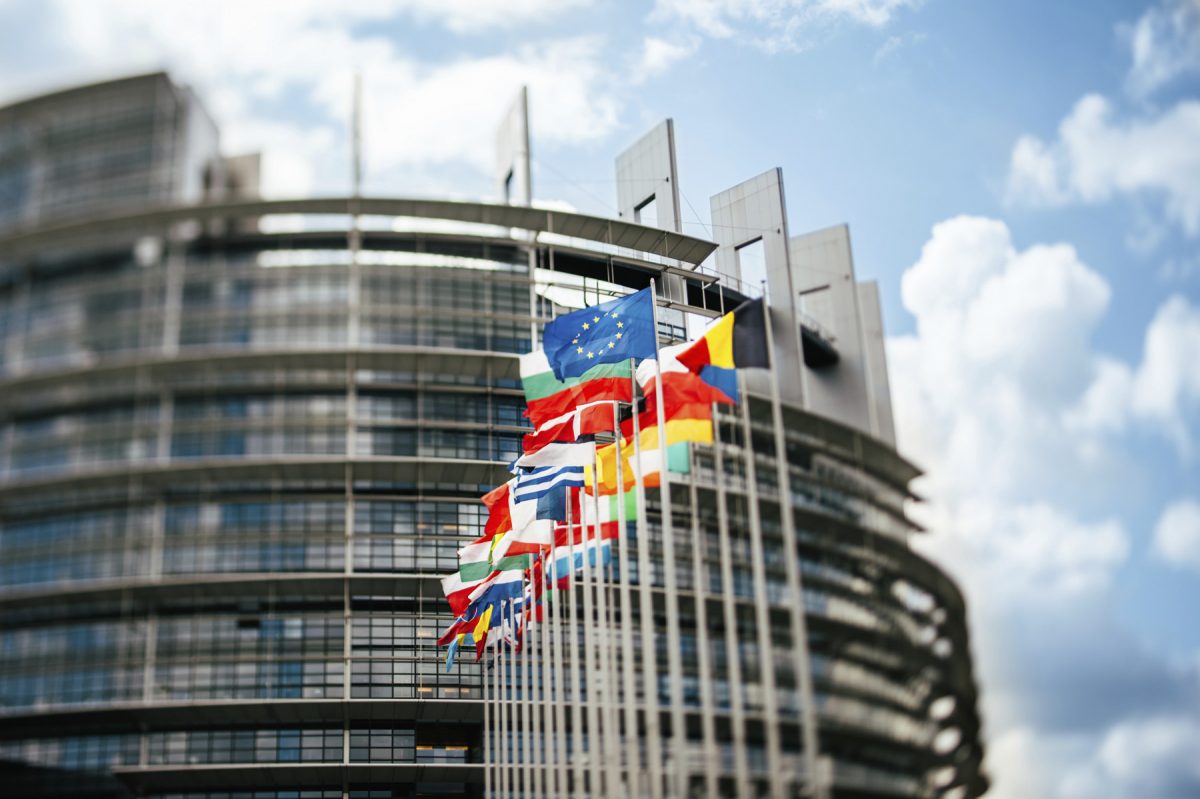
In 1975, the UK voted 67% to 33% to remain in the EEC. This time, the polls indicate that the vote will be much closer. What happens after the EU referendum is a question which has remained unanswered throughout the campaign so far. In the long term, it is impossible to have a good idea of what will happen whether the UK votes to remain or leave: given the number of elections that will take place, with the attendant possibility of policy changes, as well as the uncertainty of economic forecasts, long term predictions are not reliable. In the short term, we have a good idea what the ‘remain’ option looks like, as any change to the EU tends to take several years to implement.
In this note, we will endeavour to provide some insight into what would happen to the UK stock market in the event of a vote to leave the EU. Of course, in that well-known investment warning ‘past performance does not guarantee future performance’, but hopefully history will provide some guide. We will consider three historical events: Ireland rejecting (and then accepting) the Lisbon Treaty, Switzerland’s vote to approve immigration controls (which may see it forced out of the European single market) and the UK’s exit from the Exchange Rate Mechanism.
Irish Votes on the Lisbon Treaty
The Irish held two votes on the Lisbon Treaty. The first vote was held on 12 June 2008. Ireland voted to reject the Lisbon Treaty, potentially halting an ongoing process of EU integration. By the time of the vote, the global economy was in the grip of the financial crisis, and stock markets around the world were falling: Ireland’s had been falling for many months and continued to do so after the vote. However, on the day after the vote (Friday 13 June 2008) the Irish stock market (the ISEQ) rose slightly by 0.9%.
After the first Irish vote, a renegotiation took place and the renegotiated treaty was put to the Irish people. By the second vote on 2 October 2009, it was clear that Ireland would require significant economic assistance from the EU as it battled with the results of the crisis. Opinion polls showed a clear lead for the ‘Yes’ campaign and it was unsurprising when Ireland voted to accept the treaty. The ISEQ remained flat on the first trading day after the vote (Monday 5 October 2009).
Swiss Referendum on Mass Migration
On 9 February 2014, the Swiss voted in a referendum to impose quotas on all migration into Switzerland. If imposed, this measure would put Switzerland in breach of its treaties with the EU and end several bilateral treaties which give it access to the Common Market. The referendum was passed with support of 50.3% and gave the Swiss government 3 years to implement the quotas.
The vote was held on a Sunday. On the following trading day (10 February 2014) the stock market was flat and remained so over the next few months.
UK Exit from the Exchange Rate Mechanism (ERM)
On 16 September 1992, the UK was forced out of the ERM, the precursor to the Euro. The day became known as Black Wednesday. The event was a surprise for the global economy, moving the UK out of a major European project and seeing the value of the pound drop significantly.
On the day before the crisis erupted (14 September 1992) the Top UK 100 Companies closed at 2422.10. As the crisis unfolded the Top UK 100 Companies was down only slightly, closing at 2370.00 (15 September) and 2378.30 (16 September), although the pound was weakening. The UK exited the ERM on the night of 16 September. The value of the pound dropped dramatically as the UK government and the Bank of England stopped defending its value. However, the stock market moved sharply upwards, closing at 2483 on 17 September (up 4.4% on the day) and 2567 on 18 September (up 3.4% on the day). Indeed, the surge marked the beginning of a long boom, and the Top UK 100 Companies has not closed below 2378.30 since then.
This surge in the stock market may have been due to the increasing value of foreign earnings to UK companies when the pound drops, the removal of uncertainty, or a combination of the two.
From its peak on 8 September 1992 the pound had dropped 24.6% by the end of the year. For comparison, in the 12 months to 23 May 2016, sterling has fallen 5% against the dollar.
Conclusions
It is immediately clear from these events that a vote against European integration is not necessarily bad for a country’s stock market. Indeed, given the strong evidence that the value of the pound would drop if the UK left the EU, the effect of the exit from the ERM would suggest the UK stock market might benefit. Similarly though, the second Irish vote on the Lisbon Treaty indicates that voting in favour of European integration can also support the stock market. Finally, the Swiss referendum provides an example of the market having no immediate reaction as it waits to see the impact of a vote.
In conclusion, it is far from certain that either a vote to remain or a vote to leave will have negative impacts on the UK markets: indeed, there is evidence to suggest that the UK stock market may benefit from both results. Coupled with the guarantee of the removal of uncertainty following the vote and the advantages of a diversified portfolio, the argument for continuing to be invested is strong.
For our earlier comments on Brexit, see our note ‘Thoughts on Brexit’.
Risk warnings
This document has been prepared based on our understanding of current UK law and HM Revenue and Customs practice, both of which may be the subject of change in the future. The opinions expressed herein are those of Cantab Asset Management Ltd and should not be construed as investment advice. Cantab Asset Management Ltd is authorised and regulated by the Financial Conduct Authority. As with all equity-based and bond-based investments, the value and the income therefrom can fall as well as rise and you may not get back all the money that you invested. The value of overseas securities will be influenced by the exchange rate used to convert these to sterling. Investments in stocks and shares should therefore be viewed as a medium to long-term investment. Past performance is not a guide to the future. It is important to note that in selecting ESG investments, a screening out process has taken place which eliminates many investments potentially providing good financial returns. By reducing the universe of possible investments, the investment performance of ESG portfolios might be less than that potentially produced by selecting from the larger unscreened universe.


